Associate Professor, Dr. Mai Phuong Thao - Head of Postgraduate Training Department, University of Medicine and Pharmacy, Ho Chi Minh City, shared that unlike master's or level I specialist courses, residency training lasts for 3 years. The special point is that students must reside at the hospital or practice facility, directly participating in diagnosing, treating and caring for patients. They do not only study in the classroom but almost "eat and sleep in the hospital", where each shift and each case becomes a vivid lesson.
"Compared to level 1 specialist training or master's training, residency training has its own characteristics in that it requires students to participate in training with the highest intensity of practice, be continuously evaluated at the practice facility, conduct scientific research topics, defend their residency thesis, and upon completion, students will both meet the standards of a resident doctor and be recognized as equivalent to level 1 specialist," Associate Professor Thao shared.
The difficult exam of the medical profession - the competition ratio for resident doctors is up to 6:1
To enter the residency program, young doctors must pass an exam that is considered difficult and fierce in the medical industry. Candidates are students who have graduated with a good degree or higher, and have only one chance right after graduation. Therefore, each admission season, the residency exam becomes a "once-in-a-lifetime hurdle".
The test content does not stop at general medical knowledge, but extends from foreign languages, basic sciences (anatomy, physiology, biochemistry, genetics), to specialized subjects. In particular, candidates must achieve an outstanding score of over 7 points in the specialized subject to have a chance to be considered for admission.
"The competition rate is always high. In 2024, at Ho Chi Minh City University of Medicine and Pharmacy, there were on average more than 3 candidates competing for 1 quota, especially in the fields of obstetrics, internal medicine, pediatrics, and dermatology, which have higher competition levels. In 2025, the competition level continued to increase - surgery: 3.4; internal medicine: 3.2; maxillofacial surgery: 2.5; traditional medicine: 4.6; many 'hot' specialties such as dermatology, endocrinology, and obstetrics and gynecology had more than 6 candidates for 1 position. This number shows the attraction and strict selection of the residency program," Associate Professor Thao commented.
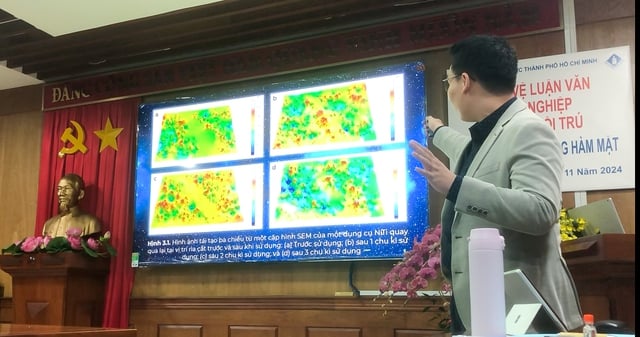
A doctor defended his thesis to graduate from residency at Ho Chi Minh City University of Medicine and Pharmacy in 2024.
PHOTO: HP
3 years of 'eating, sleeping and studying' in the hospital
Admission is just the beginning. The 3-year residency is 3 years of comprehensive training in a highly intensive practice environment. The program structure includes approximately 150 units of study, of which the majority is hospital practice, accounting for over 50% of the training volume. Students are closely supervised by a team of highly qualified instructors, with a maximum ratio of 1 instructor to 3 students.
During this time, students reside at the hospital to both study and directly participate in medical examination and treatment, and at the same time carry out scientific research from the second year. This is an important difference compared to other types of postgraduate training.
In addition to their expertise, residents also participate in guiding clinical internship students, both consolidating their knowledge and preparing them for future teaching roles.
"It can be said that the residency program is a combination of study - practice - research - teaching, in which the hospital is the center, contributing to the formation of a team of young doctors with good skills, strong medical ethics and a sense of community responsibility," Associate Professor Thao shared.
Become the core force of the hospital
Associate Professor Mai Phuong Thao said that after completing the program, students are recognized as graduates of resident physicians and are equivalent to level 1 specialists. They often take on three main roles: core treating physicians, clinical instructors and scientific researchers. Many former residents have become department heads, hospital leaders or key lecturers at medical schools.
It is worth mentioning that the residency program not only trains expertise, but also fosters responsibility and medical ethics. 3 years of regular direct contact with patients makes young doctors deeply understand the philosophy of "taking the patient as the center". Calmness, honesty and responsibility are formed from that pressured environment.
It can be said that choosing the path of a resident physician is the most difficult, but also the most worthwhile choice for young medical students. 3 years of "eating and sleeping in the hospital" are 3 years of practicing their profession and ethics, so that in the end, they step out not only with a degree, but also with the qualities of a skilled doctor with strong medical ethics.
Source: https://thanhnien.vn/bac-si-noi-tru-3-nam-an-ngu-trong-benh-vien-de-gioi-nghe-vung-y-duc-185250916121537765.htm












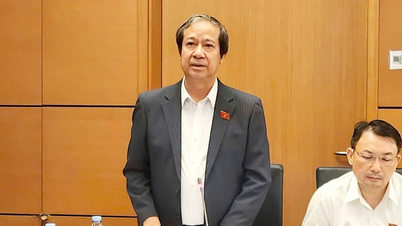

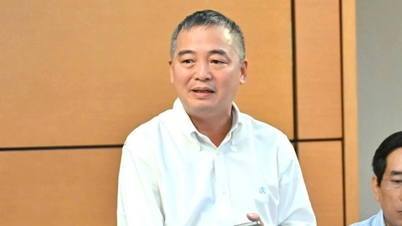

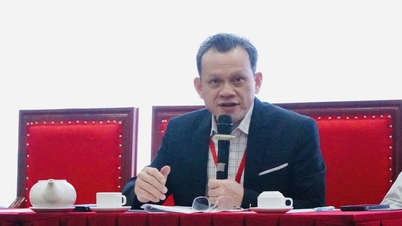
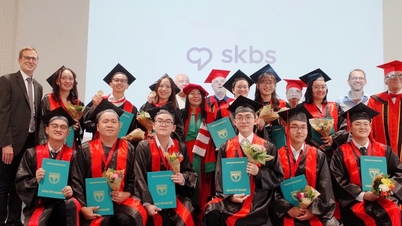
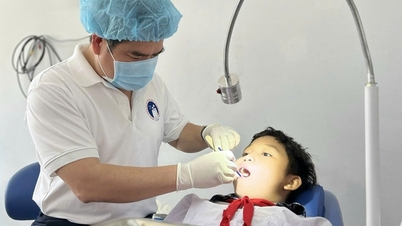




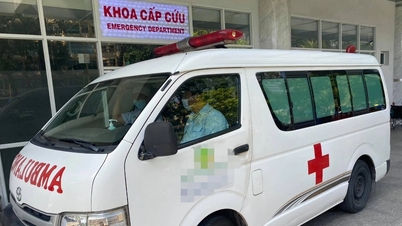
































































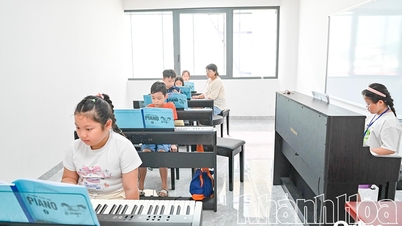



![Dong Nai OCOP transition: [Part 2] Opening new distribution channel](https://vphoto.vietnam.vn/thumb/402x226/vietnam/resource/IMAGE/2025/11/09/1762655780766_4613-anh-1_20240803100041-nongnghiep-154608.jpeg)













Comment (0)